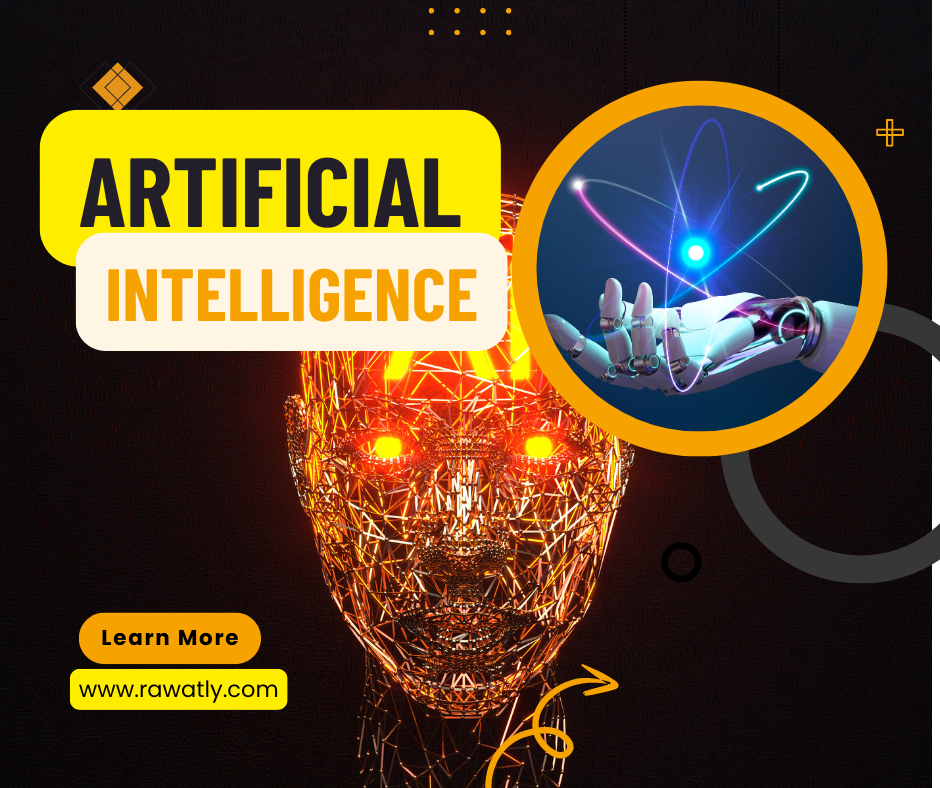
As artificial intelligence (AI) continues to advance at a rapid pace, the ethical implications of its deployment are becoming increasingly significant. Issues such as bias, privacy, and fairness are at the forefront of discussions among technologists, ethicists, and policymakers. This blog explores these challenges and highlights how startups and organizations are developing frameworks and tools to promote responsible AI development.
The Ethical Landscape of AI
1. Understanding Bias
Bias in AI can emerge from various sources, including skewed training data, flawed algorithms, and even the unconscious biases of developers. When AI systems are biased, they can perpetuate existing inequalities and lead to unfair treatment in critical areas such as hiring, law enforcement, and loan approvals.
Examples of Bias in AI:
- Facial Recognition: Studies have shown that facial recognition systems often misidentify individuals from certain demographic groups more frequently than others.
- Hiring Algorithms: Some AI-driven recruitment tools have been criticized for favoring candidates based on biased historical data.
2. Privacy Concerns
The collection and use of personal data raise significant privacy issues. With AI systems often requiring vast amounts of data to function effectively, the risk of data breaches and misuse increases.
Key Privacy Considerations:
- Data Consent: Are users fully aware of what data is being collected and how it will be used?
- Data Security: What measures are in place to protect sensitive information from unauthorized access?
3. Fairness and Accountability
Ensuring that AI systems operate fairly and transparently is crucial. This involves not only creating algorithms that treat all users equitably but also establishing accountability for the decisions made by AI systems.
Strategies for Promoting Fairness:
- Diverse Teams: Involving diverse teams in the development process can help identify and mitigate biases.
- Regular Audits: Conducting audits of AI systems to evaluate their performance and fairness over time.

The Role of Startups in Responsible AI Development
Many startups are addressing these ethical challenges by creating tools and frameworks designed to promote responsible AI practices. Here are a few notable examples:
1. Frameworks for Ethical AI
Startups are developing frameworks that provide guidelines for ethical AI development. These frameworks often include best practices for data collection, model training, and deployment.
2. Tools for Bias Detection
Several companies offer tools that help organizations identify and mitigate bias in their AI systems. These tools often come with dashboards that provide insights into model performance across different demographics.
3. Privacy-Enhancing Technologies
Startups are also innovating in privacy by developing technologies that allow for data use without compromising individual privacy. Techniques such as federated learning and differential privacy are gaining traction.
DeepSeek: Is This Chinese AI App Revolutionizing Our Lives or Another Tech Fad?
Conclusion
As AI technology continues to evolve, the importance of addressing ethical challenges cannot be overstated. By fostering a culture of responsibility and transparency, technologists and organizations can ensure that AI serves as a force for good. Startups play a crucial role in this landscape, driving innovation and promoting ethical practices that can help shape a more equitable future for all.





























